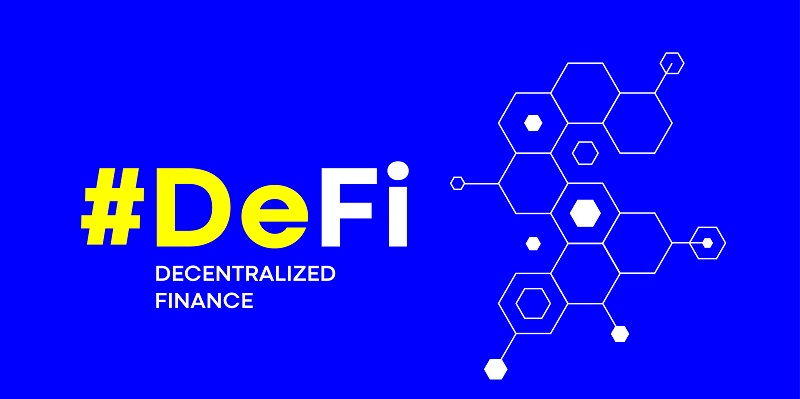Decentralized finance (DeFi) has revolutionized the financial landscape, offering users increased autonomy and financial opportunities. However, with the growing popularity of DeFi projects, the risks associated with them have become more apparent. In a shocking turn of events, Hong Kong-based Mixin Network, a prominent DeFi project, has become the target of a massive hack, resulting in a loss of approximately $200 million in cryptocurrency. This incident highlights the critical importance of fortifying security measures within such platforms.
Confirmation of the Attack
On September 25, 2023, Mixin Network publicly acknowledged the attack. In a statement, they confirmed the breach and expressed their commitment to providing timely information and support to their users. This prompt and transparent communication is essential in ensuring trust and minimizing panic among the platform’s community.
Details of the Attack
The hack occurred on September 23 when attackers successfully exploited vulnerabilities within Mixin’s cloud service provider’s database. As a result, an estimated $200 million in cryptocurrency was lost. However, Mixin reassured its users that transfers were not affected during the breach, indicating that immediate action was taken to shield users from further harm.
Investigation and Assistance
To swiftly address the hack and bring the responsible parties to justice, Mixin Network has enlisted the support of Google, a technology behemoth known for its robust security infrastructure. Additionally, the blockchain security company Slow Mist has also joined the investigation. Their expertise in tracing transactions and identifying vulnerabilities will aid in resolving the incident and preventing future attacks.
Monetary Losses and Impact
The financial repercussions of the Mixin Network hack are significant, with an estimated $30 million of the total value locked (TVL) lost. TVL is a metric that measures the cumulative value of digital assets locked or staked within the platform. This substantial loss will undoubtedly impact both Mixin and its users, emphasizing the need for enhanced security measures to protect the assets entrusted to DeFi platforms.
Overview of the Mixin Protocol
Launched in 2017, the Mixin protocol emerged as a robust solution for facilitating cross-chain transactions. Central to its functioning is the XIN token, which supports a wide array of decentralized applications (DApps) globally. Currently, approximately 10,000 DApps rely on the Mixin protocol, highlighting its popularity and importance within the DeFi ecosystem.
Concerns about Infrastructure Reliance
While the Mixin Network hack showcases the vulnerabilities present within DeFi projects, a specific concern raised by critics is the decentralized infrastructure relying heavily on a cloud service provider database. The incident highlights the potential dangers of relying on centralized services, as any breach can have far-reaching consequences. This accentuates the need for decentralization at every layer of the architecture to mitigate such risks.
The Mixin Network hack serves as a wakeup call to the DeFi ecosystem, underscoring the urgent need for strengthened security measures. As the value locked in DeFi platforms continues to rise, it becomes increasingly crucial to prioritize robust security protocols and decentralization. This incident should prompt industry-wide discussions and collaborative efforts to advance blockchain security practices. With timely information sharing, investigation support from industry leaders, and a collective commitment to fortifying platforms, the DeFi space can continue to thrive with greater confidence and trust.

